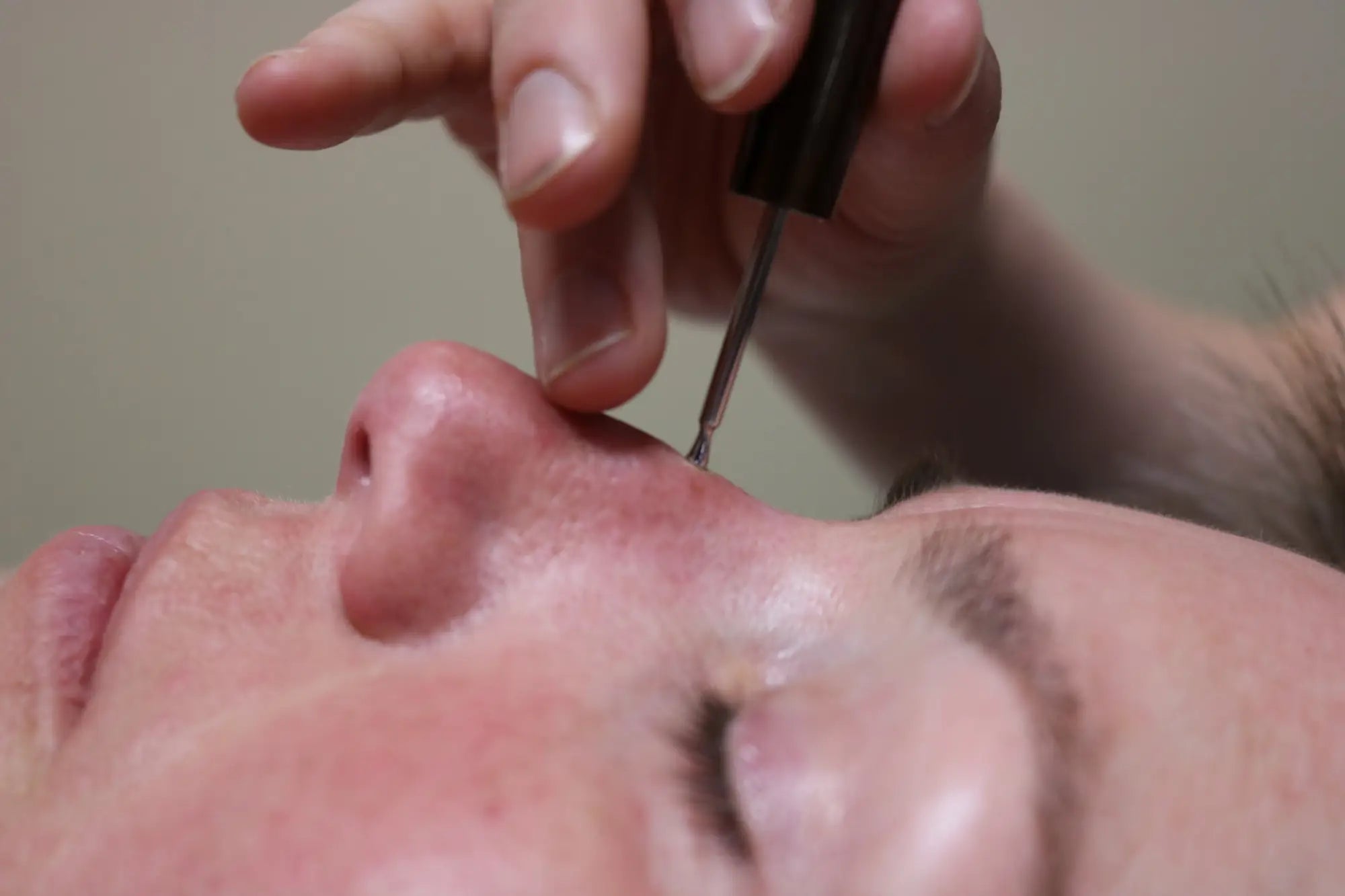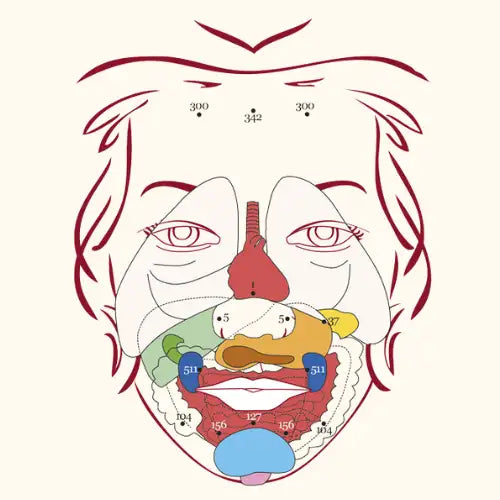The Connection Between Skin Care and Reflexology
The Connection Between Skin Care and Reflexology
Have you ever wondered why your skin seems to have a mind of its own? One day it’s glowing, the next it’s rebelling with breakouts or dry patches – despite using the same products and routine. The truth is, your skin’s health goes far deeper than what you see in the mirror. As someone who’s spent years studying both traditional skincare and holistic wellness approaches, I’m excited to share insights that bridge these two worlds. Your skin isn’t just responding to what you put on it – it’s reflecting your sleep quality, stress levels, hormonal balance, and overall internal health. Think of your skin as a messenger, constantly communicating clues about your body’s internal state.
At Quanta School of Reflexology, we understand that achieving radiant skin involves more than just topical treatments. We recognize the profound impact of internal balance on skin health. Reflexology, particularly Facial Reflexology, offers a powerful holistic solution by addressing the root causes of skin imbalances. This ancient practice works on the principle that specific points on the face correspond to different organs and systems within the body. By stimulating these reflex points, we can promote optimal organ function, reduce stress, improve circulation, and encourage detoxification – all vital elements for clear, healthy skin.
Many common skin conditions, from persistent acne to dullness and premature aging, can be linked to internal stressors and imbalances. For instance, digestive issues often manifest as breakouts around the chin, while liver congestion can lead to a sallow complexion. Reflexology aims to rebalance these internal systems, creating a harmonious environment for your skin to thrive. By supporting the body's natural healing mechanisms, Facial Reflexology helps to reduce inflammation, enhance nutrient absorption, and improve lymphatic drainage, contributing to a more vibrant and youthful appearance.
Incorporating reflexology into your beauty regimen can elevate your skincare results significantly. It's not about replacing your favorite skincare products, but rather enhancing their effectiveness by addressing the internal factors that influence skin vitality. Regular reflexology sessions at Quanta School of Reflexology can lead to improved skin tone, reduced puffiness, diminished fine lines, and a healthy glow that radiates from within. Experience the transformative power of holistic skincare and discover how connecting with your body's internal wisdom can unlock your skin's true potential.













